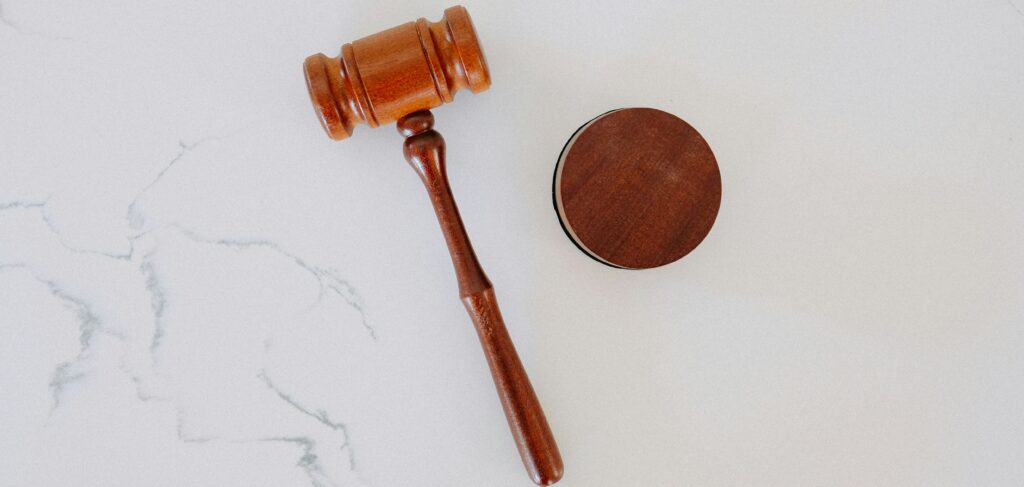
If you’re wondering about disclosing a criminal record on a job application, you’re not alone. It’s one of the most stressful parts of the hiring process for many job seekers with past convictions. You might ask yourself:
- “Should I tell the truth?”
- “What happens if they find out later?”
- “Could I still get hired if I’m honest?”
This guide covers when you should disclose, what the law says, and how to talk about your record professionally—so you can move forward in your job search with confidence.
Why Do Job Applications Ask About Criminal Records?
Employers ask about criminal history to protect their business and comply with industry regulations. Depending on the role, they may want to assess:
- Legal compliance for regulated industries (e.g., finance, healthcare)
- Risk factors for theft, fraud, or workplace safety
- Liability in negligent hiring lawsuits
But the presence of a conviction isn’t always a dealbreaker. Many employers are open to hiring applicants with a record, especially if it’s unrelated to the job.
Know Your Rights Before Disclosing a Criminal Record
In many U.S. states and cities, Ban the Box laws prohibit employers from asking about criminal records early in the hiring process. These laws give applicants a chance to be considered based on their qualifications—not their past.
You can check where these laws apply using the National Employment Law Project’s interactive guide.
If you’re not legally required to disclose a conviction at the application stage, you may choose to wait until a conditional offer or interview.
What If You Don’t Disclose and They Find Out?
Lying on a job application is never a good idea—especially if you’re asked directly. Most employers run background checks before extending a final offer. If they find a criminal record you failed to mention:
- You may be immediately disqualified
- It could be considered dishonest—even if the offense itself wasn’t disqualifying
- You might lose an offer or even a new job
Being honest builds trust. Often, it’s not the record that gets someone rejected—it’s the omission.
Read more on: Background Checks for Job Seekers: What You Need to Know
When to Disclose a Criminal Record on a Job Application
✅ You should disclose if:
- The application asks directly about convictions
- Your state allows the question at that stage
- You know a background check will be required
- Your offense is recent or relevant to the role
❌ You may not need to disclose if:
- You live in a Ban the Box location and haven’t reached the interview stage
- Your record has been expunged or sealed
- The employer hasn’t asked and you’re not legally required to share it
How to Talk About a Criminal Record with Employers
If you choose or are required to disclose, keep your explanation brief, honest, and future-focused.
Example:
“Yes, I was convicted of [brief explanation] in [year]. Since then, I’ve completed all required steps and focused on professional growth. I’ve built a strong record of employment and am fully prepared to succeed in this role.”
Keep the conversation positive. Emphasize how you’ve changed—not what went wrong.
Will a Criminal Record Automatically Disqualify You?
No. In fact, many employers are open to second-chance hiring. According to the Society for Human Resource Management (SHRM), the majority of HR professionals say their companies have hired people with criminal records—and had positive outcomes.
Factors that matter:
- How long ago the offense occurred
- Whether it’s related to the job
- Your explanation and work history
A record doesn’t define your future—but how you handle it during the application process does.
What If Something Goes Wrong During the Background Check?
If your criminal record appears during a background check:
- You must be notified before any action is taken (under the Fair Credit Reporting Act)
- You have a legal right to dispute inaccuracies
- Many employers give candidates a chance to explain their record
Make sure your resume, dates, and details are accurate to avoid other red flags.
Final Thoughts on Disclosing a Criminal Record on Job Applications
Having a criminal record doesn’t automatically block you from meaningful employment—but how you handle it matters.
Key Takeaways:
- Don’t lie—disclosure builds trust
- Know your state’s laws before answering
- Focus on your growth, not your past
- Prepare a brief, honest explanation
- Many companies are open to fair chance hiring
Disclosing criminal record on job application forms may feel risky, but the right preparation and knowledge can help you navigate it with confidence.
